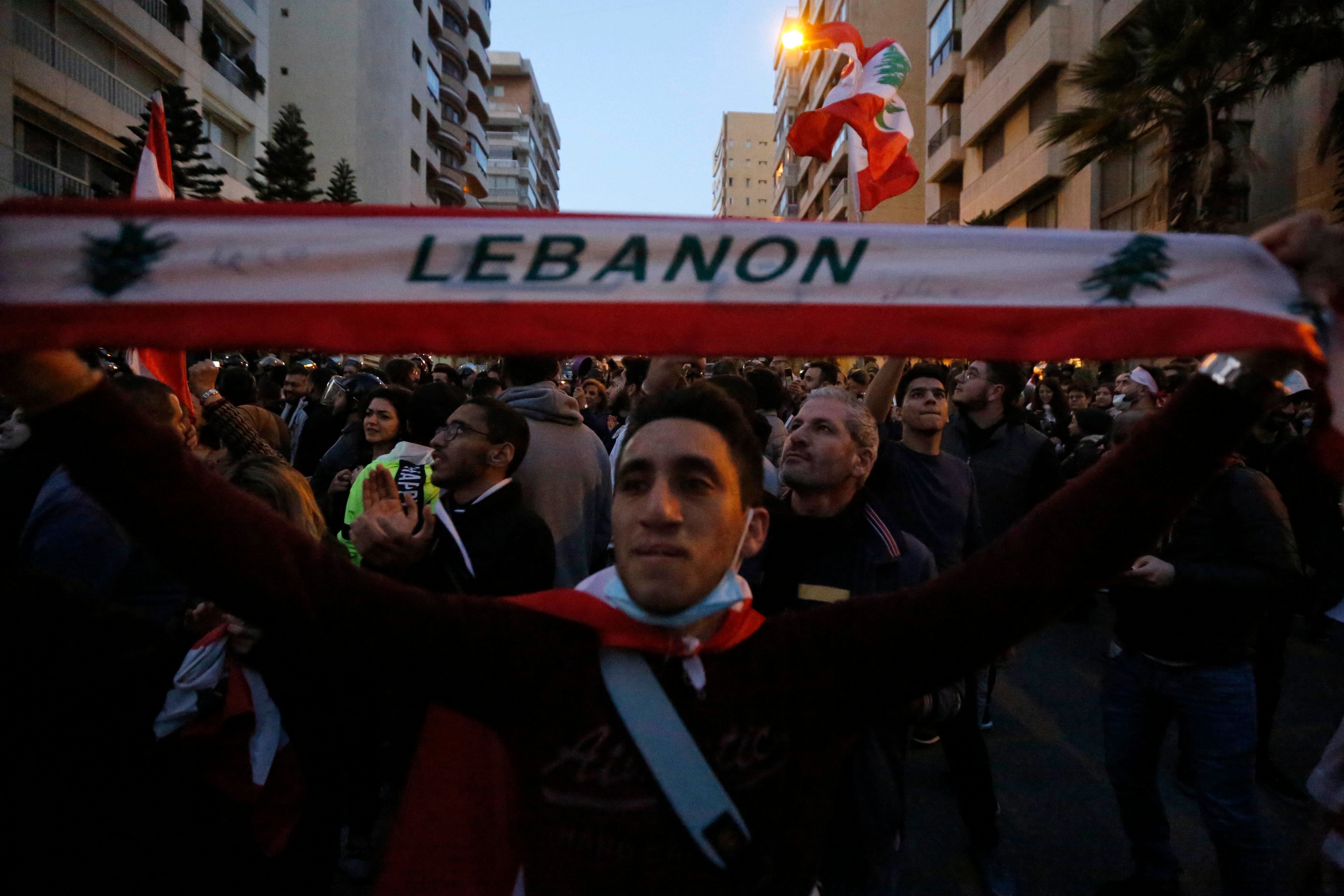The public health, economic, and political impacts of the rapidly expanding Covid-19 pandemic are soaking up most of the world's attention, and for good reason. But here are a few stories that you might have missed while you were washing your hands, watching the stock market, or nervously checking the latest CDC and WHO guidelines.
Lebanon had a major debt crisis: For the first time in its history, Lebanon defaulted on its foreign debt payments when it failed to meet a March 9 deadline to make a Eurobond repayment of $1.2 billion. While defaulting could placate dissatisfied Lebanese protesters who have flocked to the streets for months, imploring the government to prioritize domestic affairs, this move will do little to ease the fiscal woes of one of the most indebted countries in the world. Lebanon's Prime Minister Hassan Diab – who took office after protests forced the former PM to resign – said he will negotiate with other creditors to restructure his country's remaining foreign currency debt, which totals a whopping $31 billion (its debt-to-GDP ratio has peaked above 150 percent). As its currency continues to plummet and unemployment surges, the main question is what options do the debt-strained country have now? Beirut has engaged in preliminary bailout talks with the IMF, but a deal could take months and Lebanon needs cash – fast – to avoid more public upheaval.
Myanmar's lawmakers refused to clip the army's wings: A decade into its fraught transition to democracy, Myanmar's parliament has blocked a proposed constitutional amendment that would limit the role of the military in politics. In 2010, military rule in Myanmar was replaced by a military-backed civilian government. But the country's constitution – drafted by the military junta in 2008 – continued to guarantee members of the military a quarter of seats in parliament. Now, lawmakers have blocked a bid from the political party of Nobel laureate Aung San Suu Kyi (the controversial leader who spearheaded Myanmar's pivot to partial-democracy) to reduce the number of military MPs over a 15-year period. Suu Kyi is feeling the heat when it comes to showing progress on constitutional reform after her country recently faced accusations of genocide at the International Court of Justice. The court claims that the military establishment (the same one that vetoed the proposed constitutional amendment) was responsible for a brutal crackdown against the Rohingya Muslim minority in 2017 in northern Myanmar. Voting on other proposed constitutional amendments – including measures to override the head of the military's right to yield complete power during a state of emergency – will continue through March 20, although given the military's voting power, these are unlikely to pass.
South Africa's president beat a corruption rap: South Africa's High Court dismissed corruption charges this week against President Cyril Ramaphosa, a major boost for the beleaguered leader of the continent's largest economy. Ramaphosa had been accused of lying to parliament about the source of a $32,500 campaign donation, which allegedly came from a shady logistics company mired in corruption scandals. But in a unanimous decision, the court ruled that the donations to Ramaphosa's campaign were of a "private" nature, and therefore, outside the purview of the court. The case was seen by many as a manifestation of the intense political rivalry inside Ramaphosa's ruling African National Congress party, which has undermined his attempts at much-needed economic reform as the country deals with sky-high youth unemployment and weak business sentiment, exacerbated by the worst drought in living memory. When Ramaphosa replaced disgraced former president Jacob Zuma as head of the ANC in 2017, he pledged to bring "ethics into politics" and to revive the flailing economy. Now that this case is over can he consolidate control of a divided party and tackle his country's problems more effectively?
